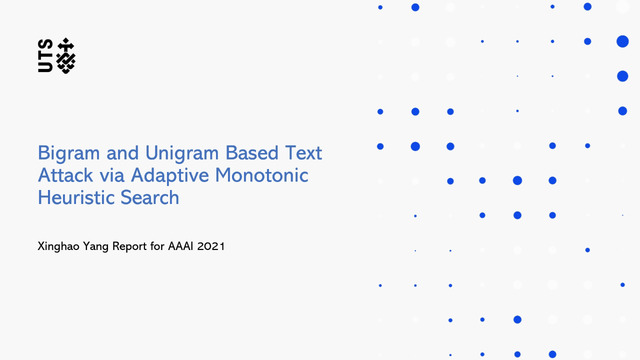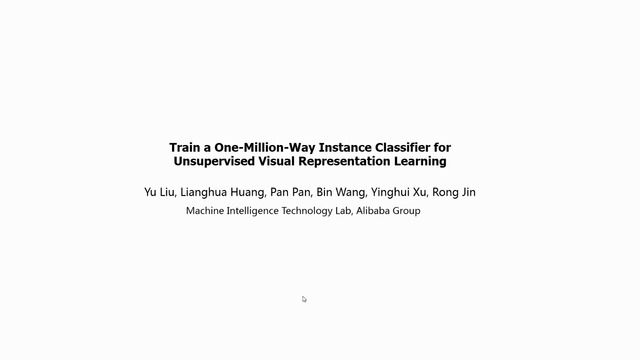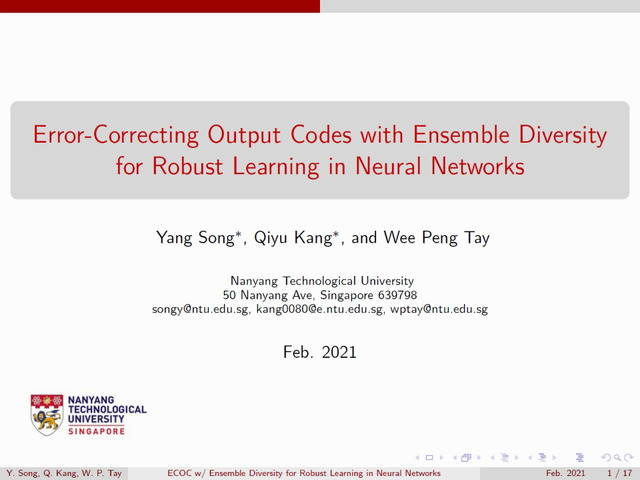Abstract:
Robustness against word substitutions has a well-defined and widely acceptable form, i.e., using semantically similar words as substitutions, and thus it is considered as a fundamental stepping-stone towards broader robustness in natural language processing. Previous defense methods capture word substitutions in vector space by using either l_2-ball or hyper-rectangle, which results in perturbation sets that are not inclusive enough or unnecessarily large, and thus impedes mimicry of worst cases for robust training. In this paper, we introduce a novel Adversarial Sparse Convex Combination (ASCC) method. We model the word substitution attack space as a convex hull and leverages a regularization term to enforce perturbation towards an actual substitution, thus aligning our modeling better with the discrete textual space. Based on ASCC method, we further propose ASCC-defense, which leverages ASCC to generate worst-case perturbations and incorporates adversarial training towards robustness. Experiments show that ASCC-defense outperforms the current state-of-the-arts in terms of robustness on two prevailing NLP tasks, i.e., sentiment analysis and natural language inference, concerning several attacks across multiple model architectures. Besides, we also envision a new class of defense towards robustness in NLP, where our robustly trained word vectors can be plugged into a normally trained model and enforce its robustness without applying any other defense techniques.









































